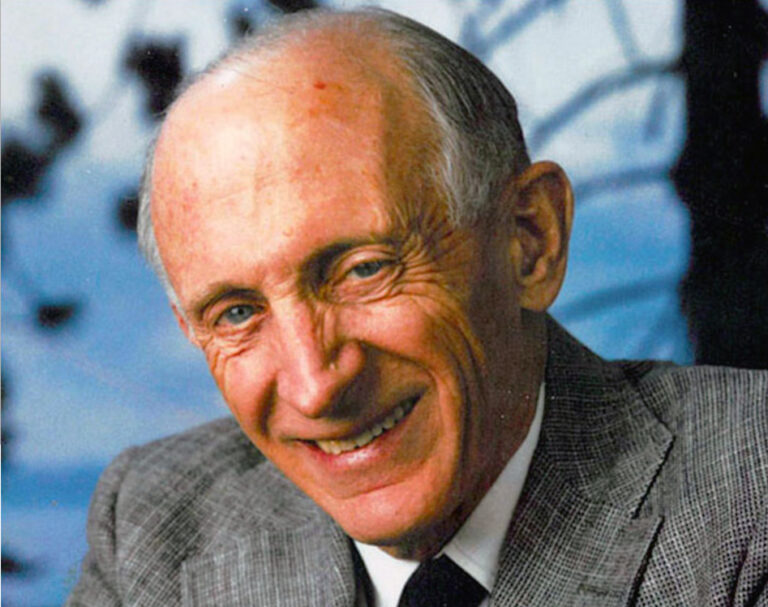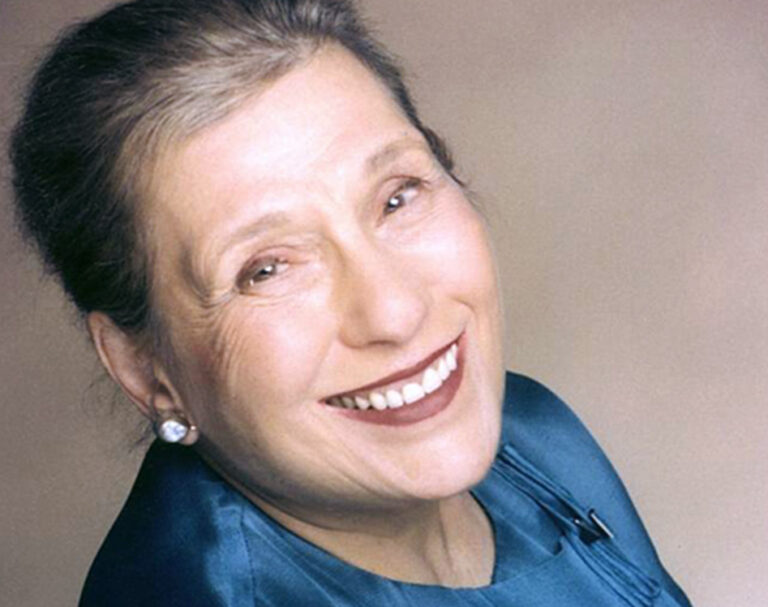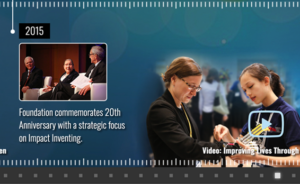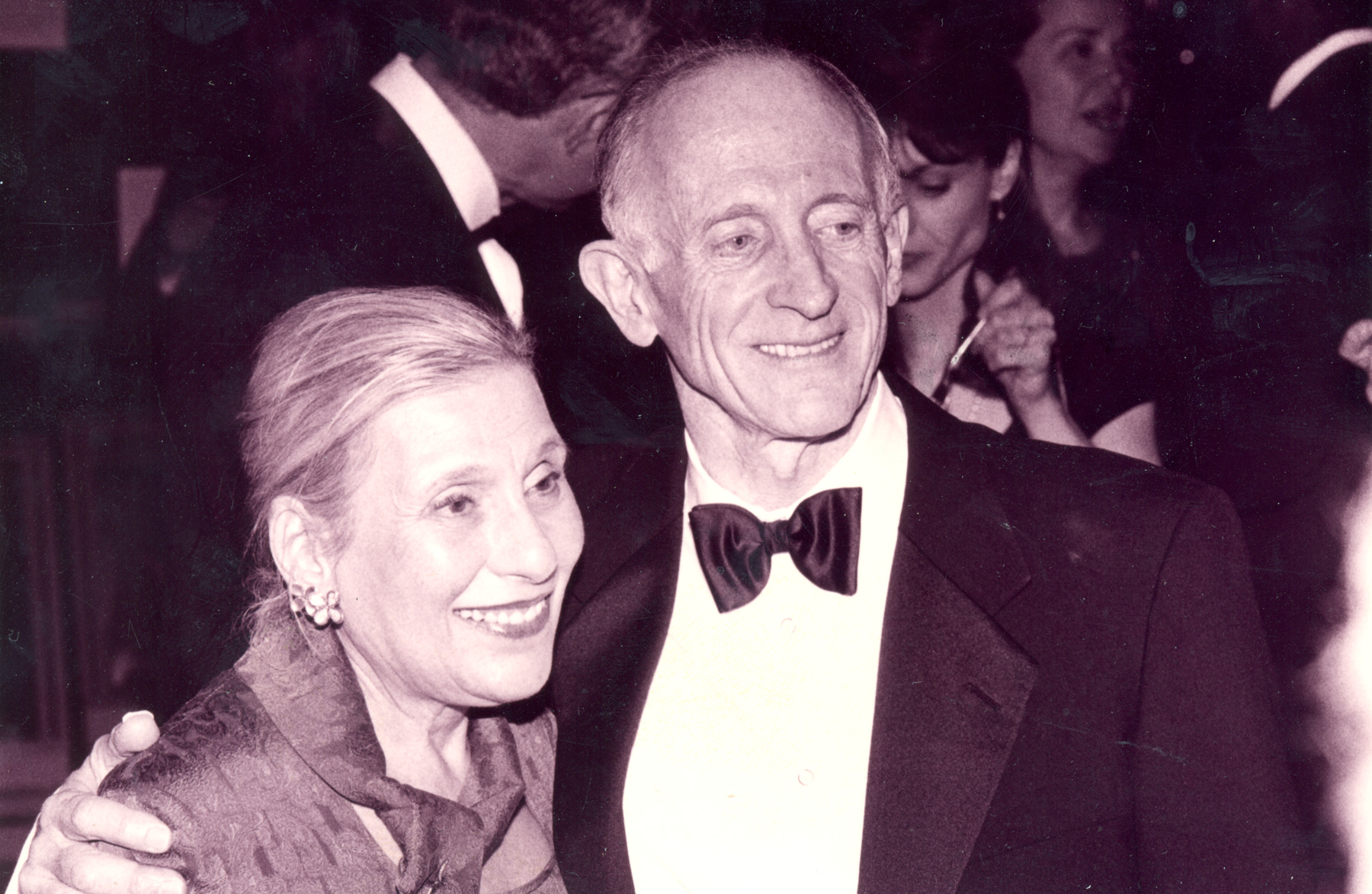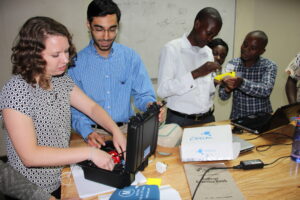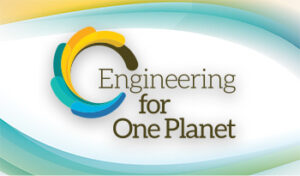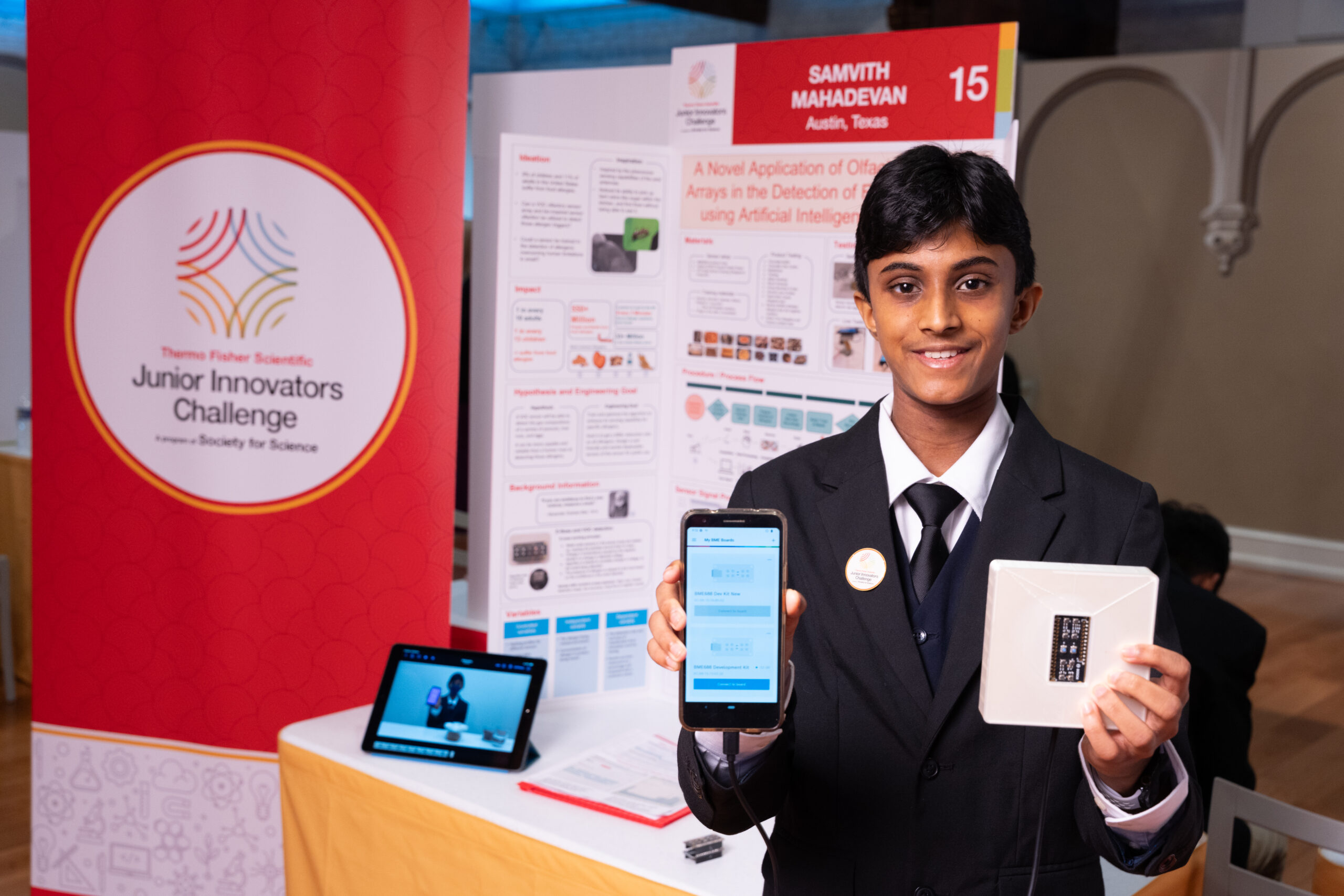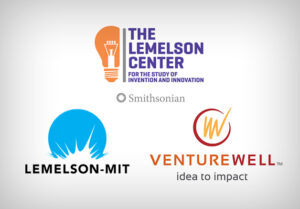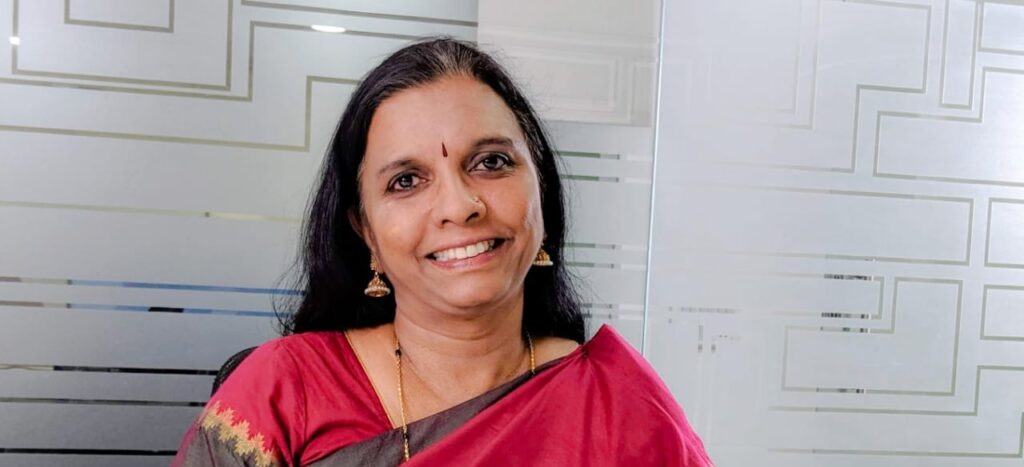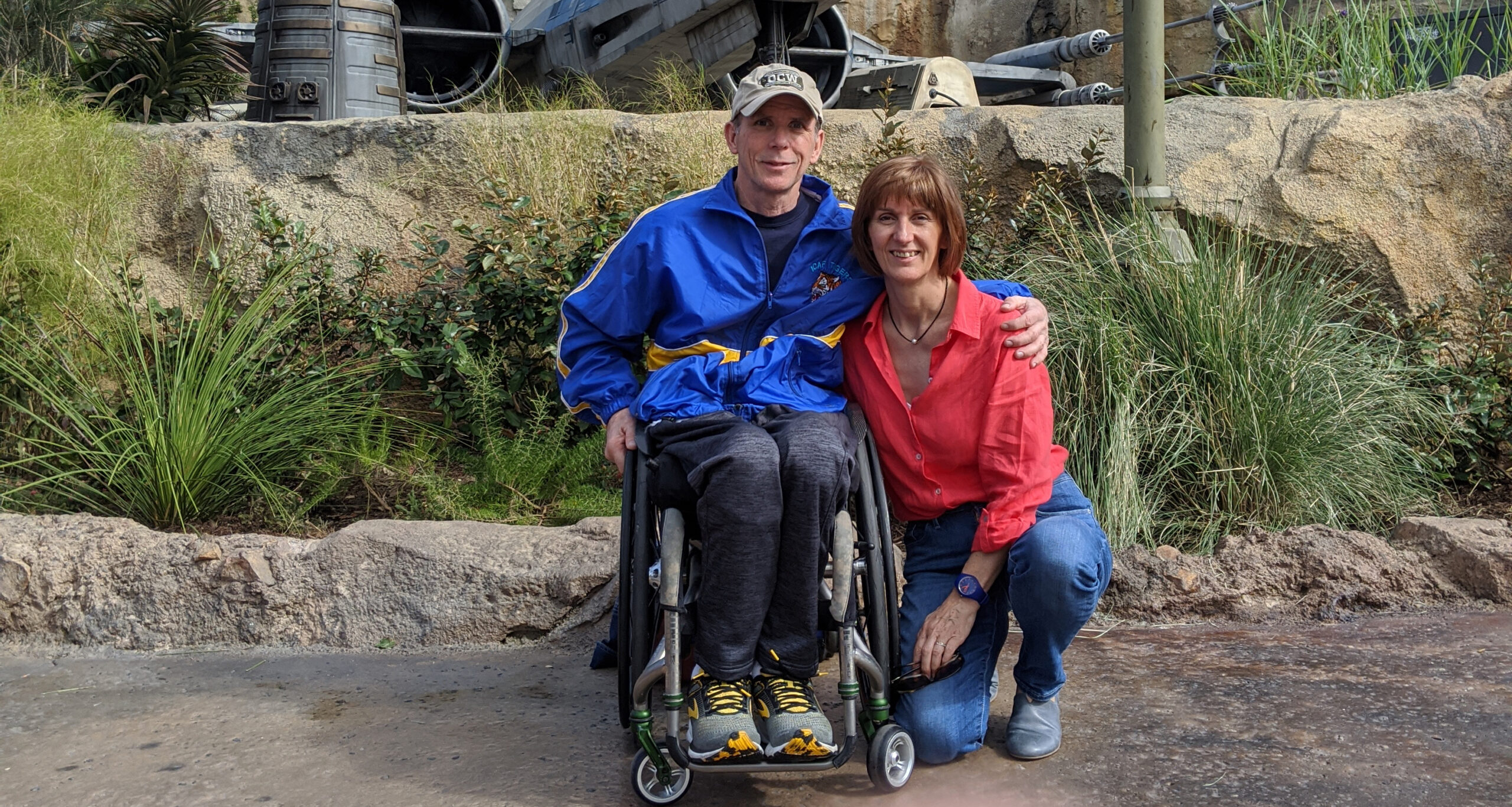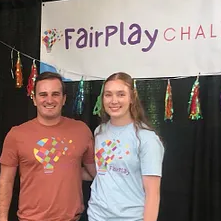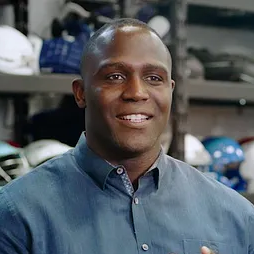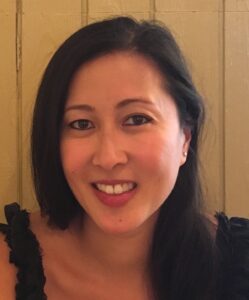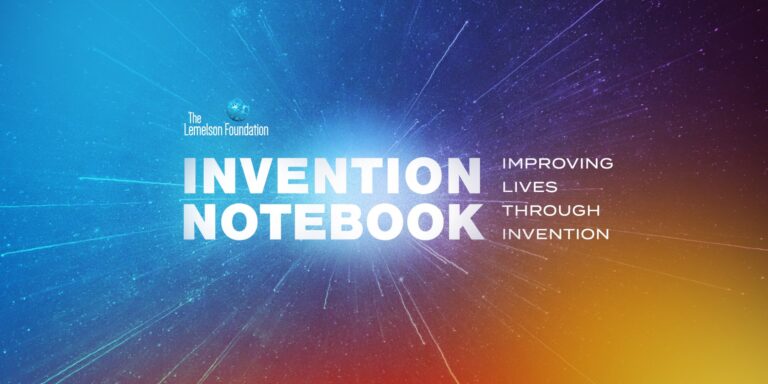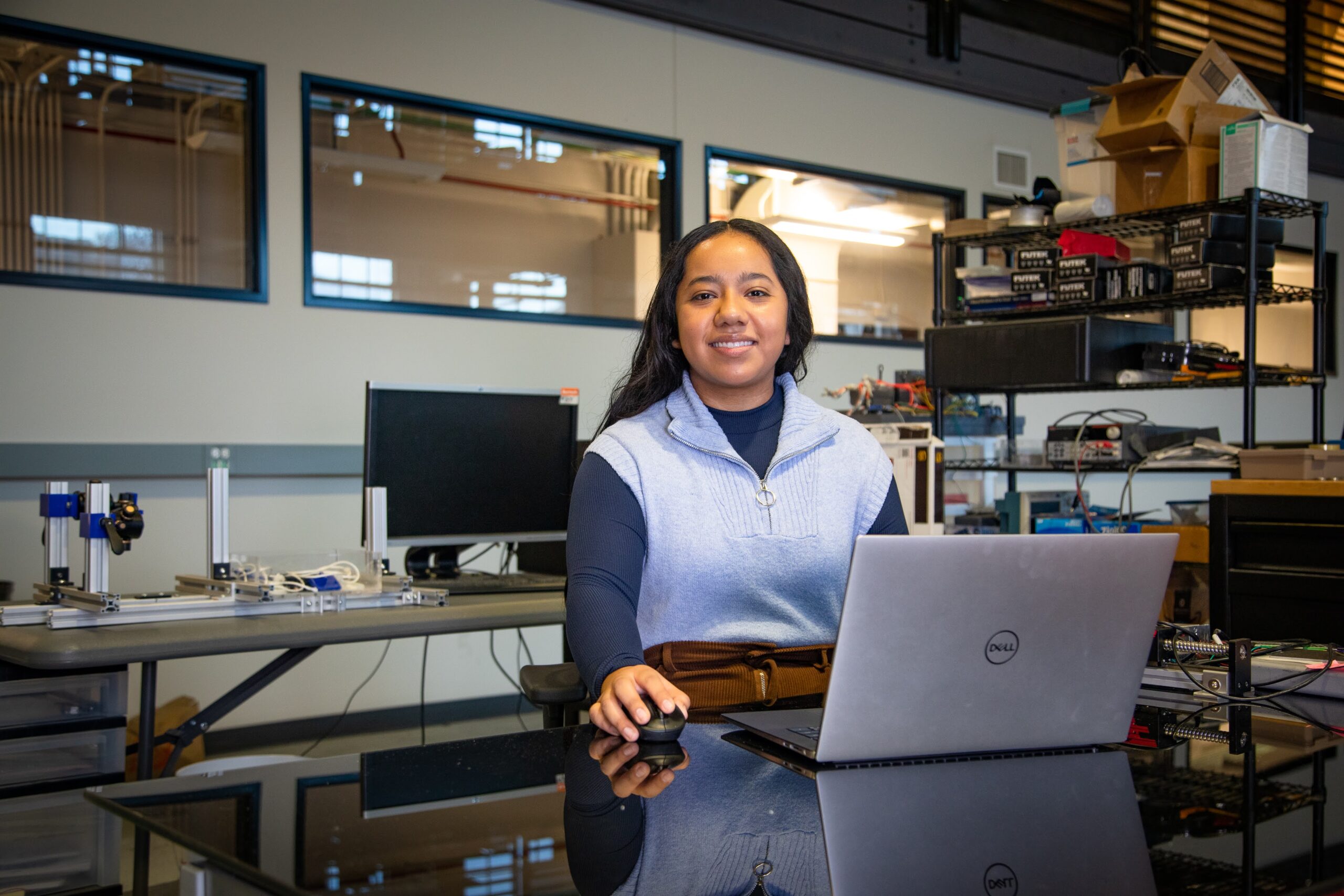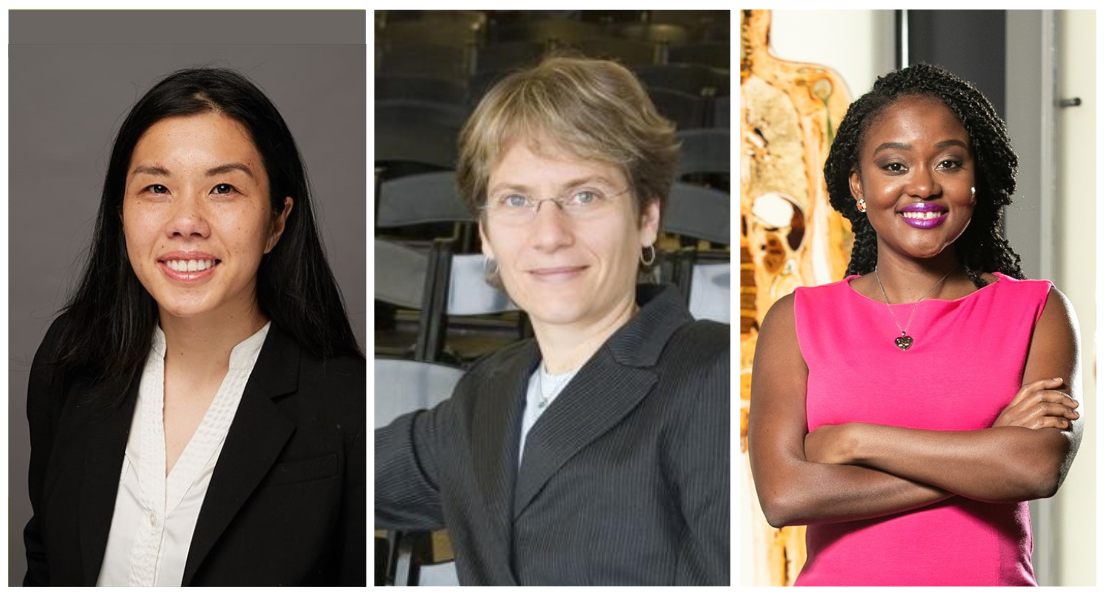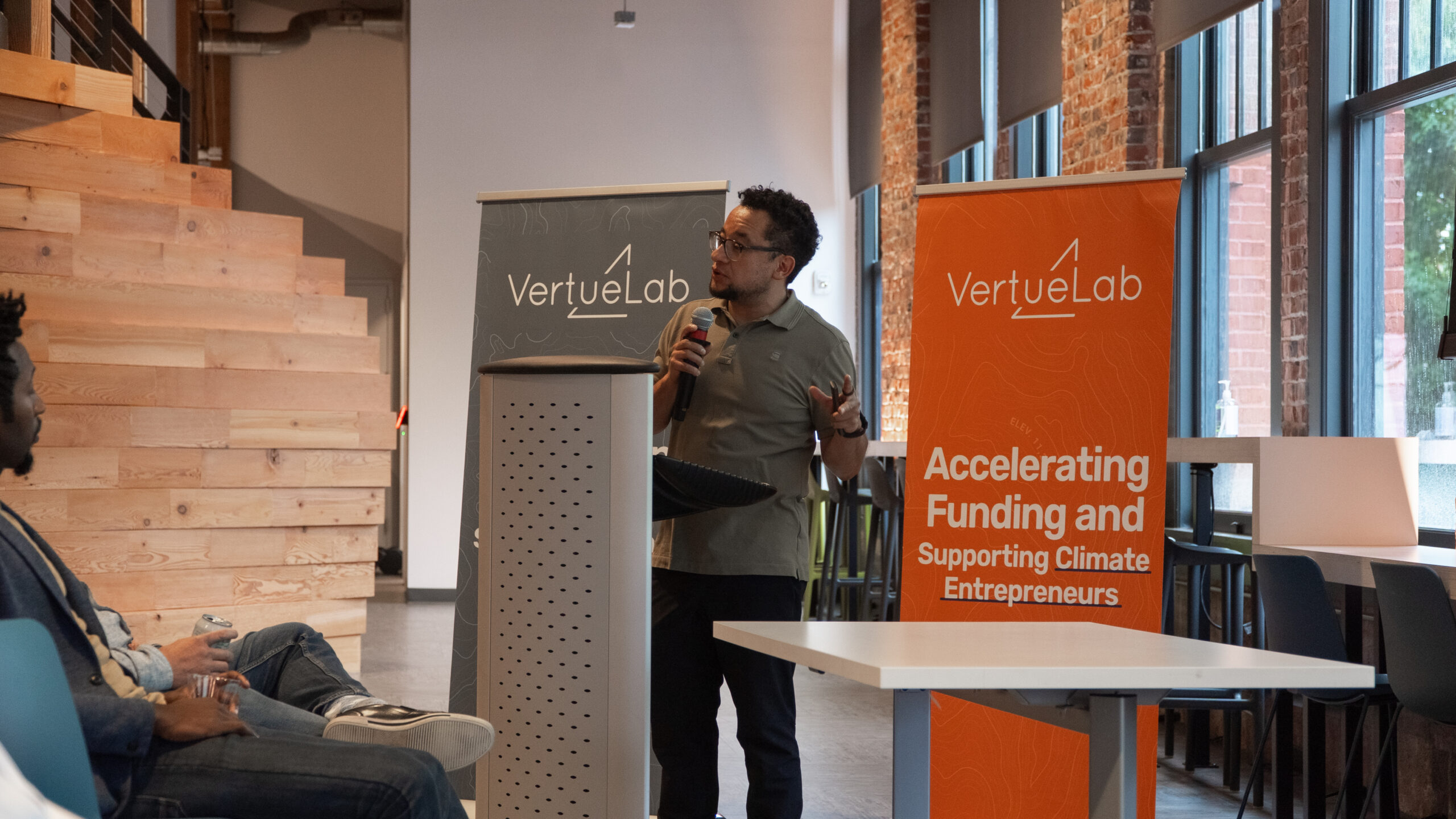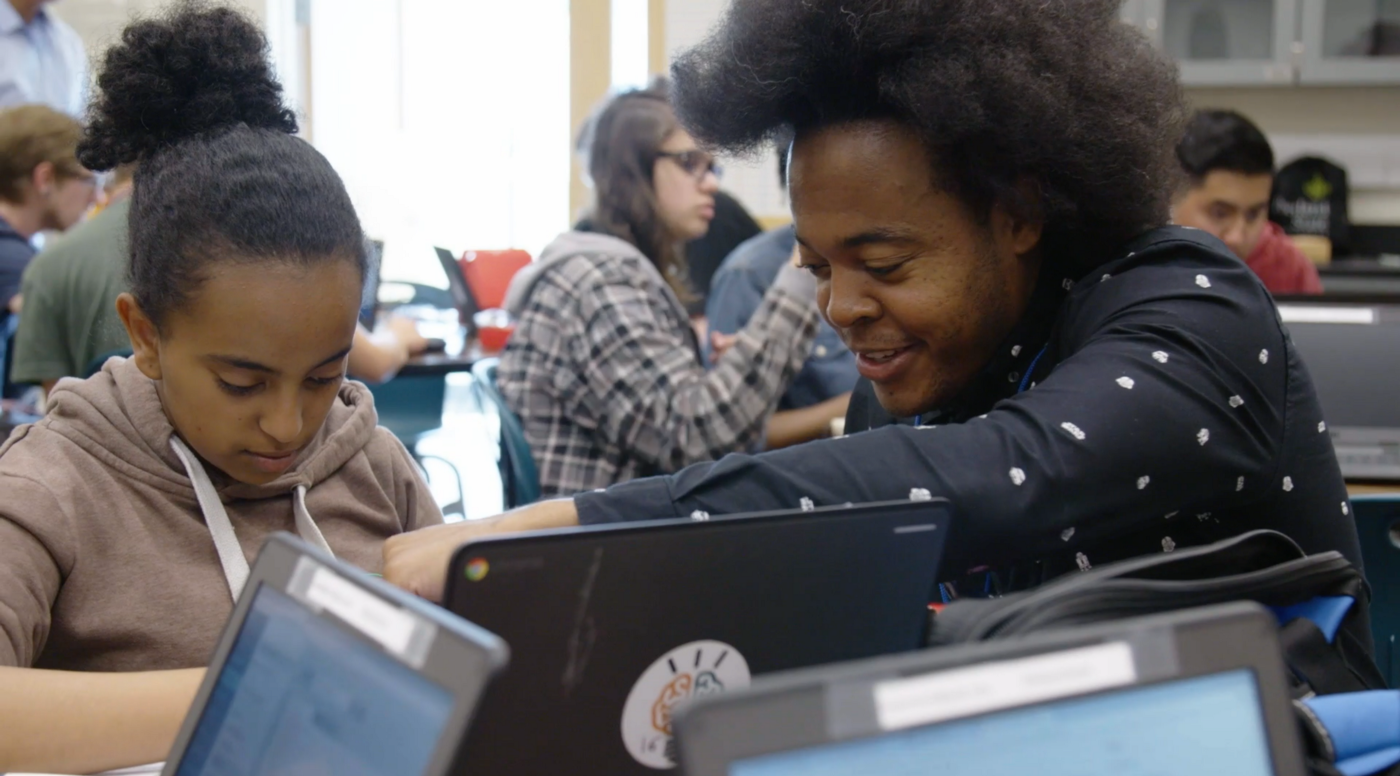Fighting Wildfires Through Invention
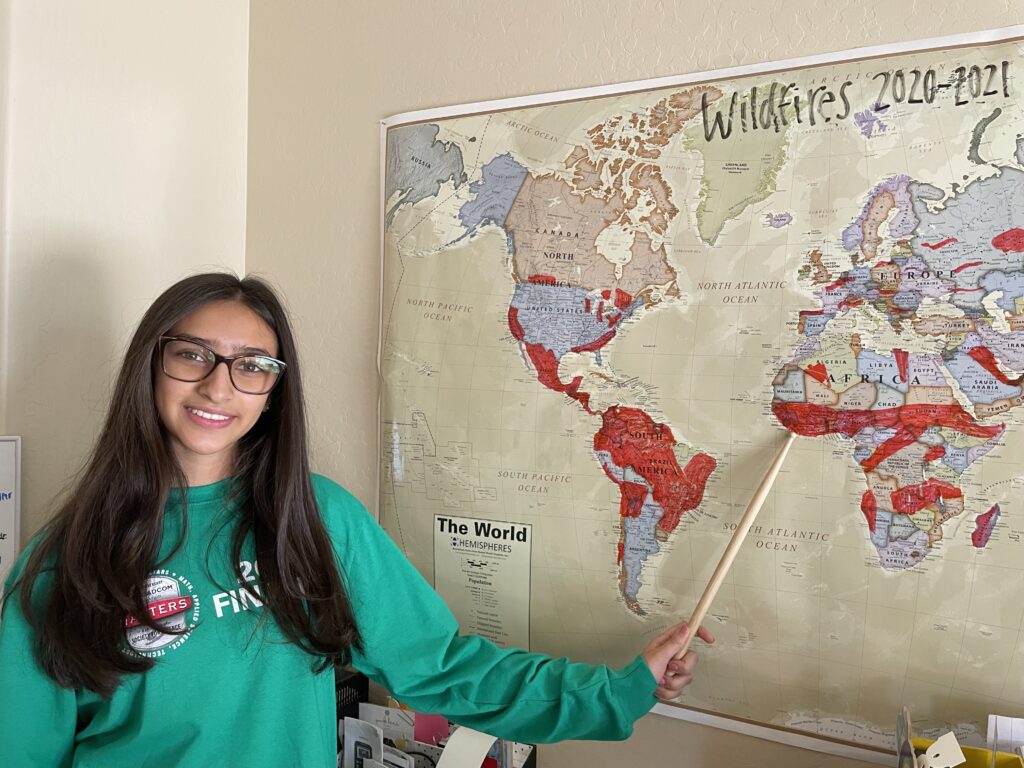
A close encounter with a California wildfire inspired 16-year old Prisha Shroff to design a system to mitigate devastating blazes in the future.
When she was 13 years old, Prisha Shroff saw something that made her want to change the world. She was in the car with her family, driving from Los Angeles to their home in Chandler, Arizona, when a massive wildfire came into view and forced them to turn back.
“I saw it firsthand,” she says. “Some of my friends had to evacuate their homes. The air pollution was so bad that they told us not to step outside of our car, step outside of our house.”
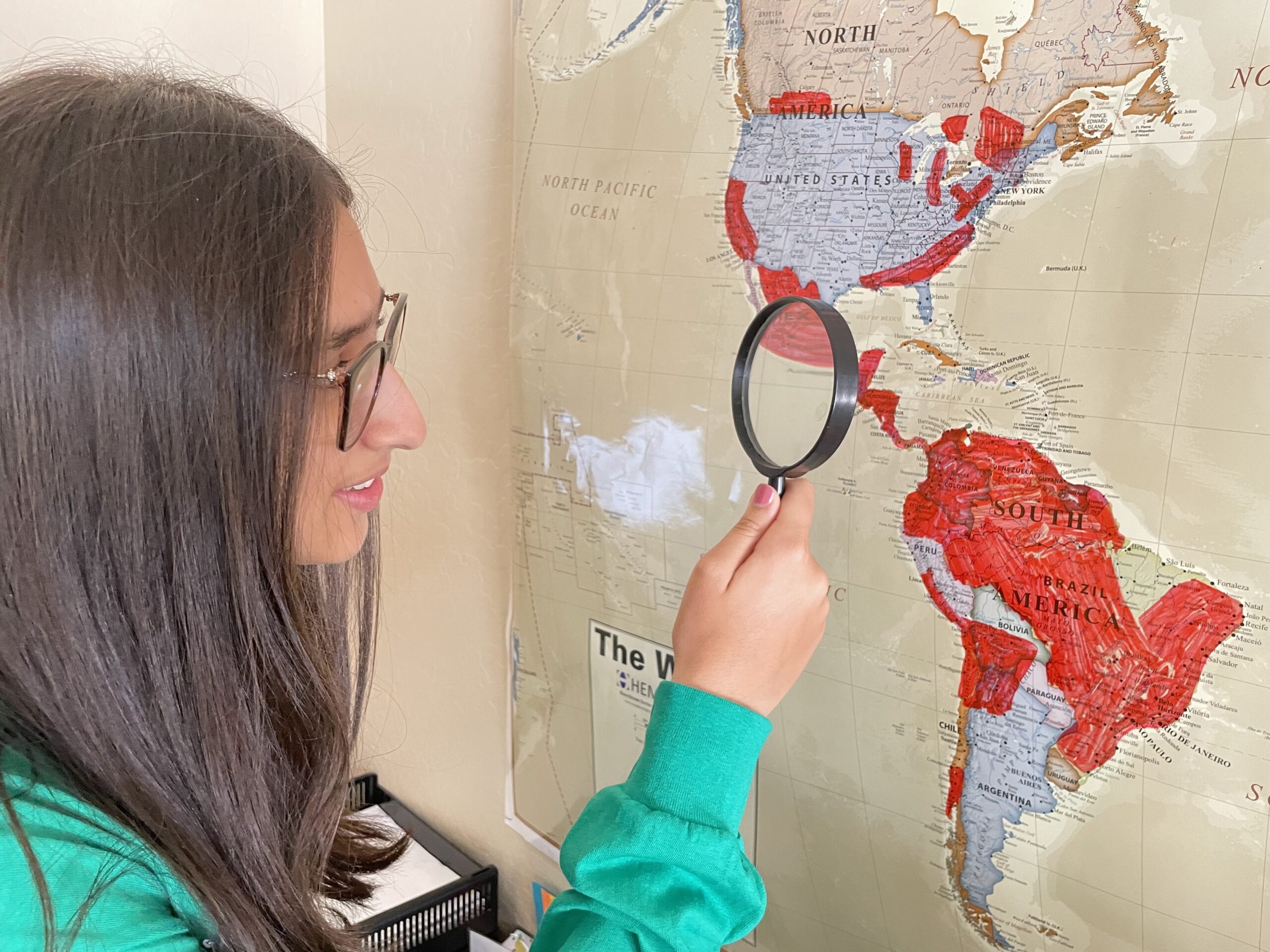
At the same time, Prisha remembers seeing other wildfires on the news, in places like Australia and the Amazon. She thought, “This isn’t just a small problem, it’s a global problem.” And she decided to start looking for a way that she could help.
The opportunity came through her middle-school science fair. For her project, Prisha decided to design a system that would not only detect but also suppress wildfires. Using A.I. combined with satellite imagery from NASA and NOAA, the technology could predict potential wildfire hotspots and also detect active fires.
In 2021, Prisha won the Lemelson Award for Invention at the Broadcom MASTERS (Math, Applied Science, Technology and Engineering for Rising Stars) competition. Run by the Society for Science and sponsored by the Broadcom Foundation from 2010 to 2022, the annual competition aims to increase the STEM talent pipeline by inspiring the next generation of scientists, engineers, and inventors to solve some of the future’s biggest challenges. This year it will continue as the Thermal Fisher Scientific Junior Innovators Challenge.
“That was the first big award that I’d gotten,” she says. “It really gave me confidence about creating a solution to a big problem out there, and that I have the potential to make a big difference.”
Now 16, Prisha is working on her design to include a function that would deploy a drone to an active fire and spray the area with retardant. Her hope is that her invention will ultimately become a tool that government agencies use to fight fires. “Ideally, I want to integrate this with our current wildland departments and fire stations,” she says. “So if they identify a location, then they can automatically fly there, suppress it, and come back.”
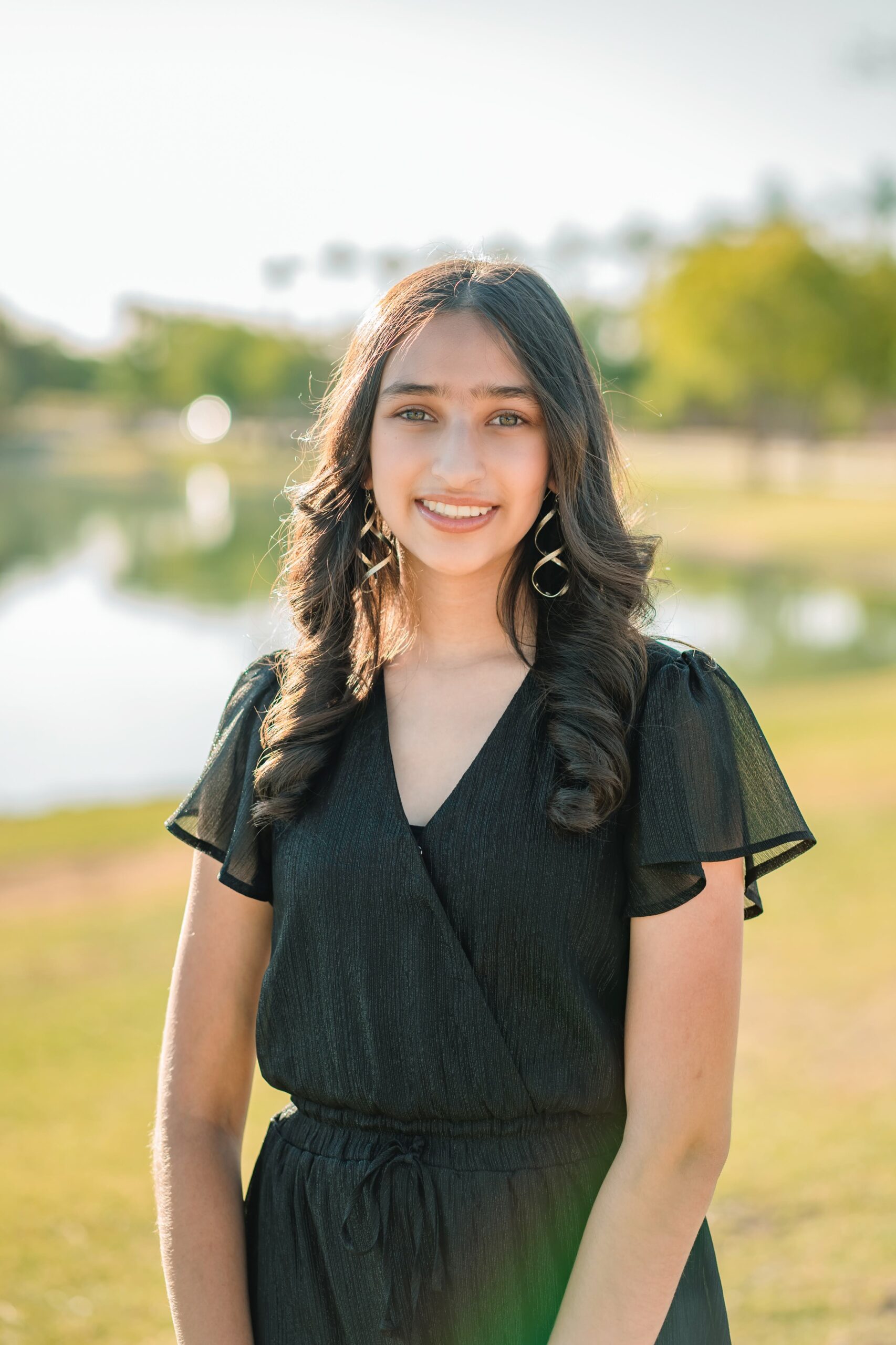
Prisha is passionate about creating solutions to not only mitigate wildfires, but also the effects of climate change in general. “This is our planet, we should take care of it,” she says. Prisha runs a sustainability program at her school, and has spoken at the United Nations about the importance of STEM and invention in the fight against climate change.
To other aspiring inventors, Prisha — who a few years ago led a STEM workshop for students in India — says the key is to not simply hope something happens, but to actually strive to make it happen.
“I think that if you live by that every single day, you can definitely make an impact. You don’t need to change the whole world, but you can still change someone’s whole world.”

